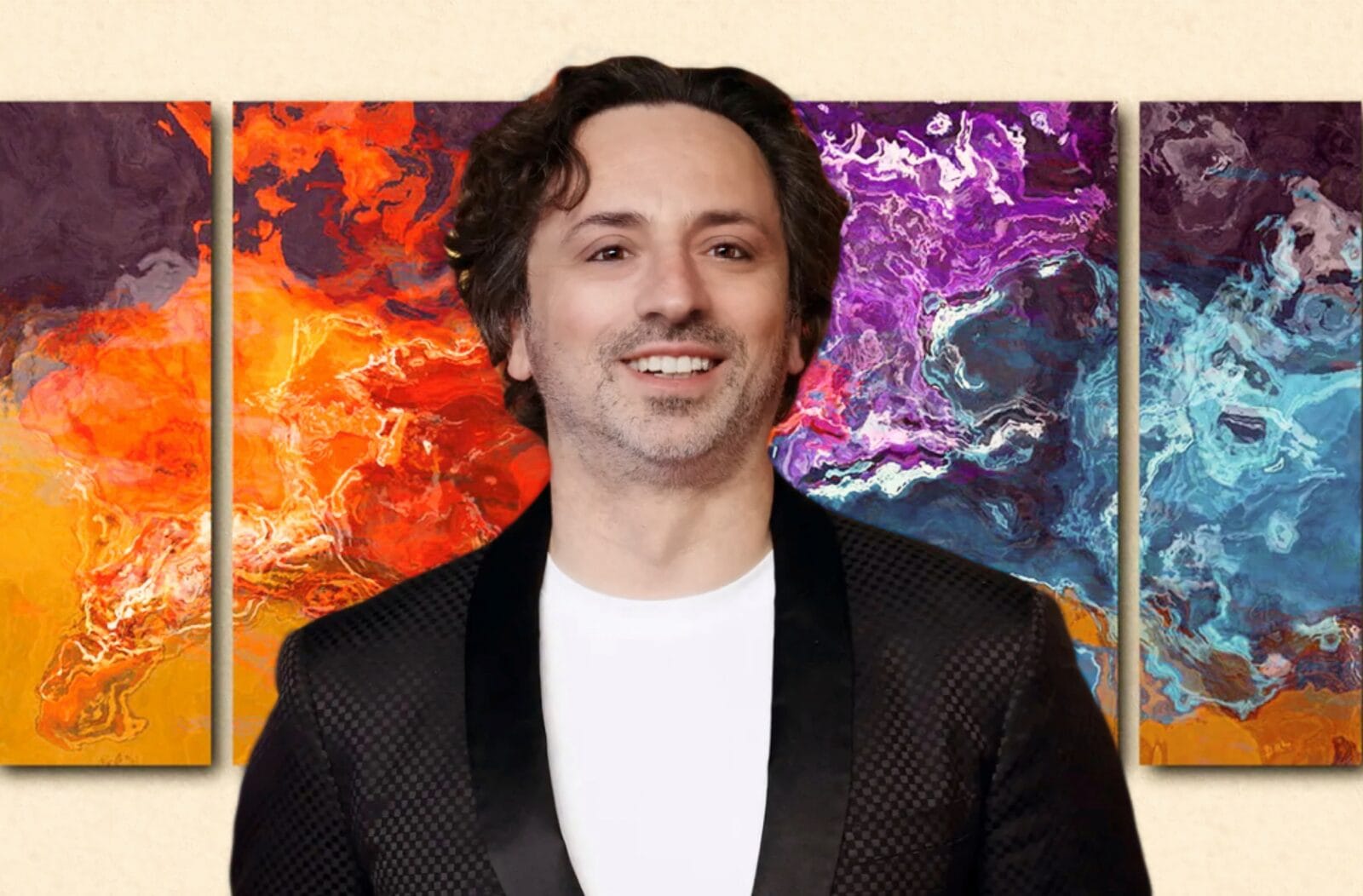$700 million quiet gift from Sergey Brin reflects his purposeful, evidence-based philanthropy

Sergey Brin, Google’s co-founder, has quietly donated nearly $700 million in Alphabet shares—an extraordinary act of generosity that underscores his philosophy of purposeful, strategic philanthropy.
The gift involved approximately 4.1 million Class A and Class C stock shares.
Though the recipient was not publicly disclosed, the move aligns with Brin’s enduring focus on transformative medical research and climate innovation.
Central to his approach is the conviction that giving should be personal, data-informed, and impact-driven.
His dedication to neuroscience is rooted in his family’s experience with Parkinson’s disease—his mother’s diagnosis and his own genetic predisposition. In response, he launched CNS Quest, now the world’s largest individual effort supporting Parkinson’s research, later expanding to address autism, bipolar disorder, and related conditions.
Brin engages far beyond financial support.
He plays an active role in identifying catalytic opportunities and often integrates philanthropy with equity investments in mission-aligned ventures.
Returns from such ventures are reinvested into further scientific or societal advancement.
His hands-on and systems-focused methodology is designed to deliver immediate outcomes while strengthening the infrastructure for sustained innovation.
He has directed hundreds of millions toward clean energy, wildfire prevention, and zero-emission technology in the climate arena. His backing of projects like Denmark’s “energy islands” highlights a commitment to long-term sustainability rather than public accolades.
Despite his high profile, Brin deliberately avoids the spotlight. He operates without a public-facing foundation, allowing his work to speak through its results.
Underlying it all is a belief that science, compassion, and humility—working in concert—can meaningfully improve the human condition.
Brin’s philanthropy is not driven by legacy or recognition, but by a desire to unlock potential, champion evidence-based solutions, and help build a healthier, more equitable world.

